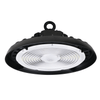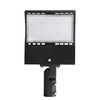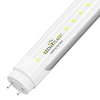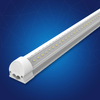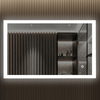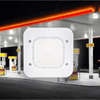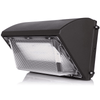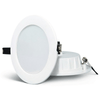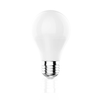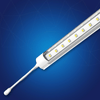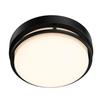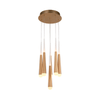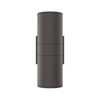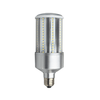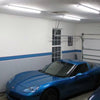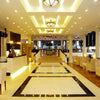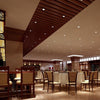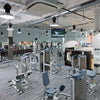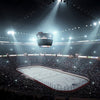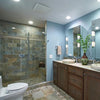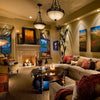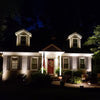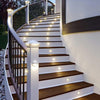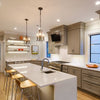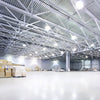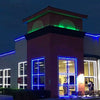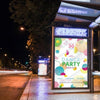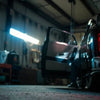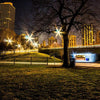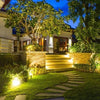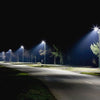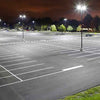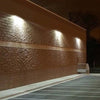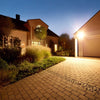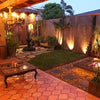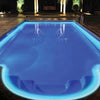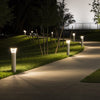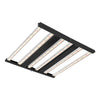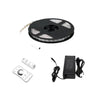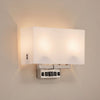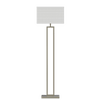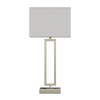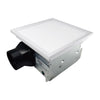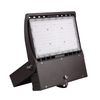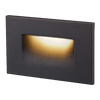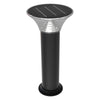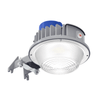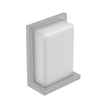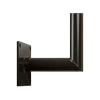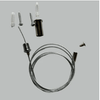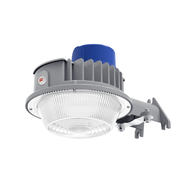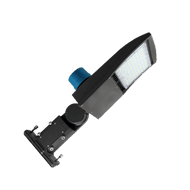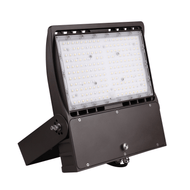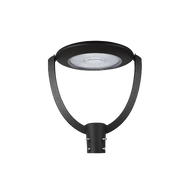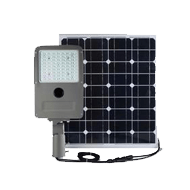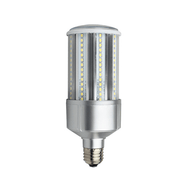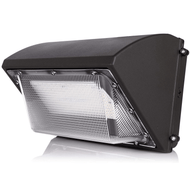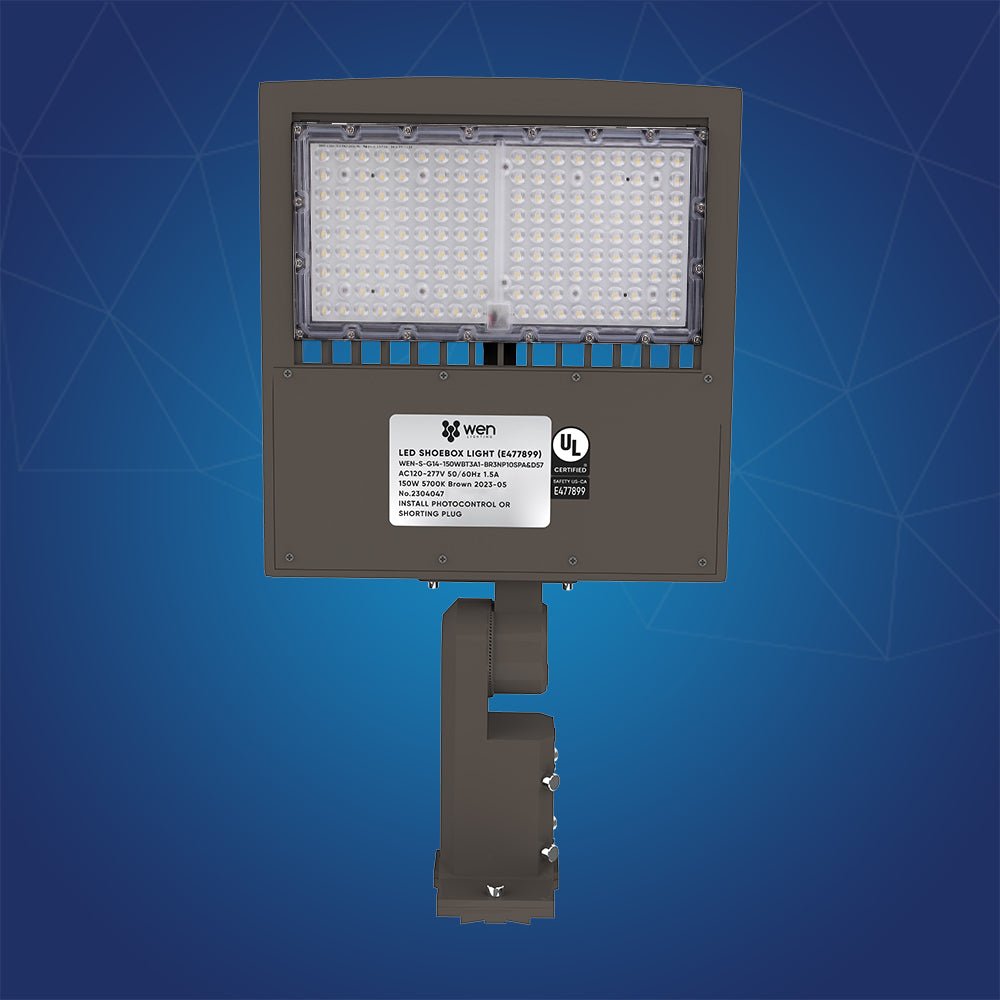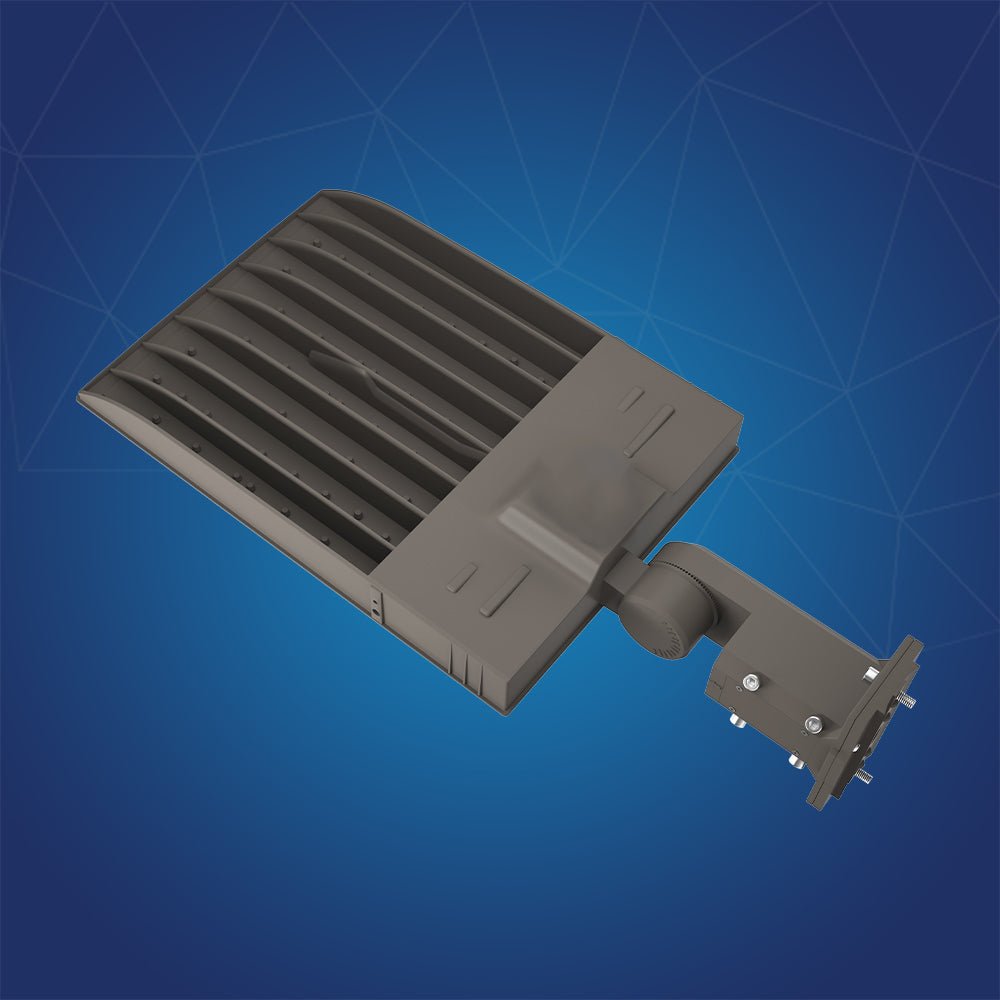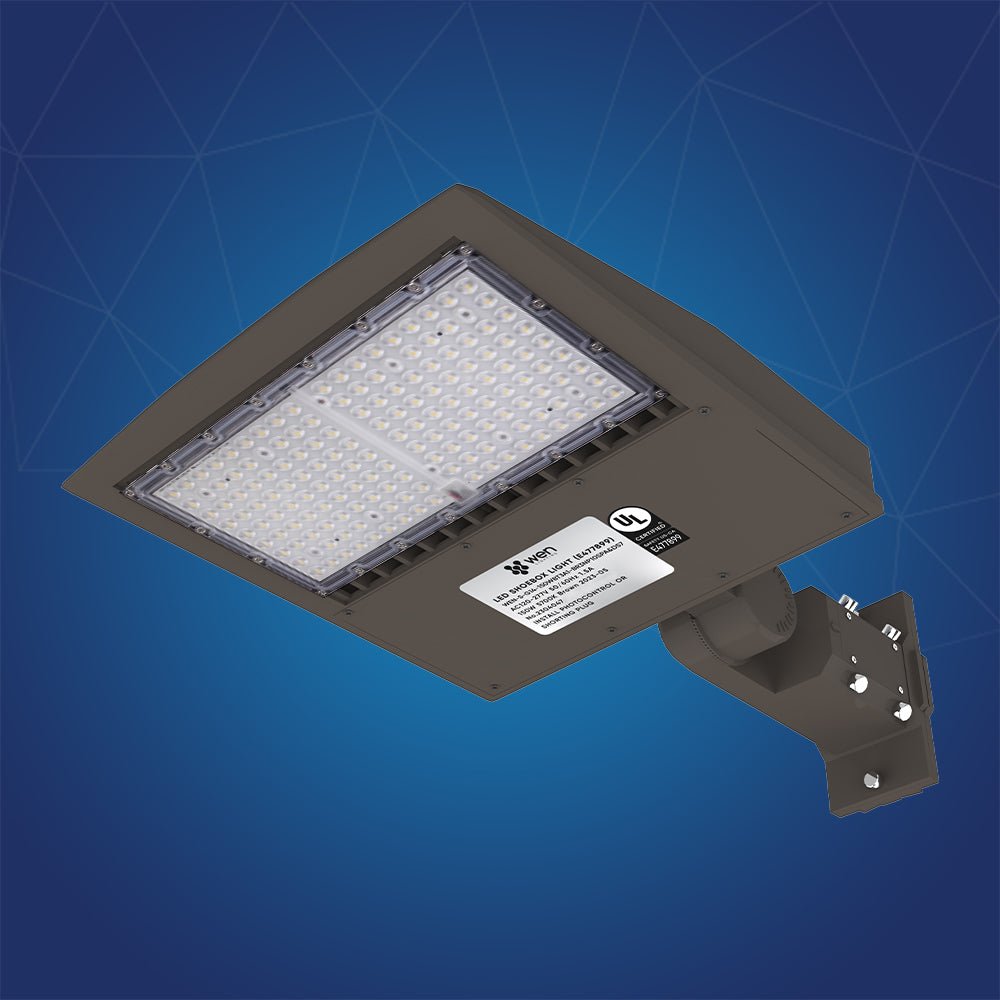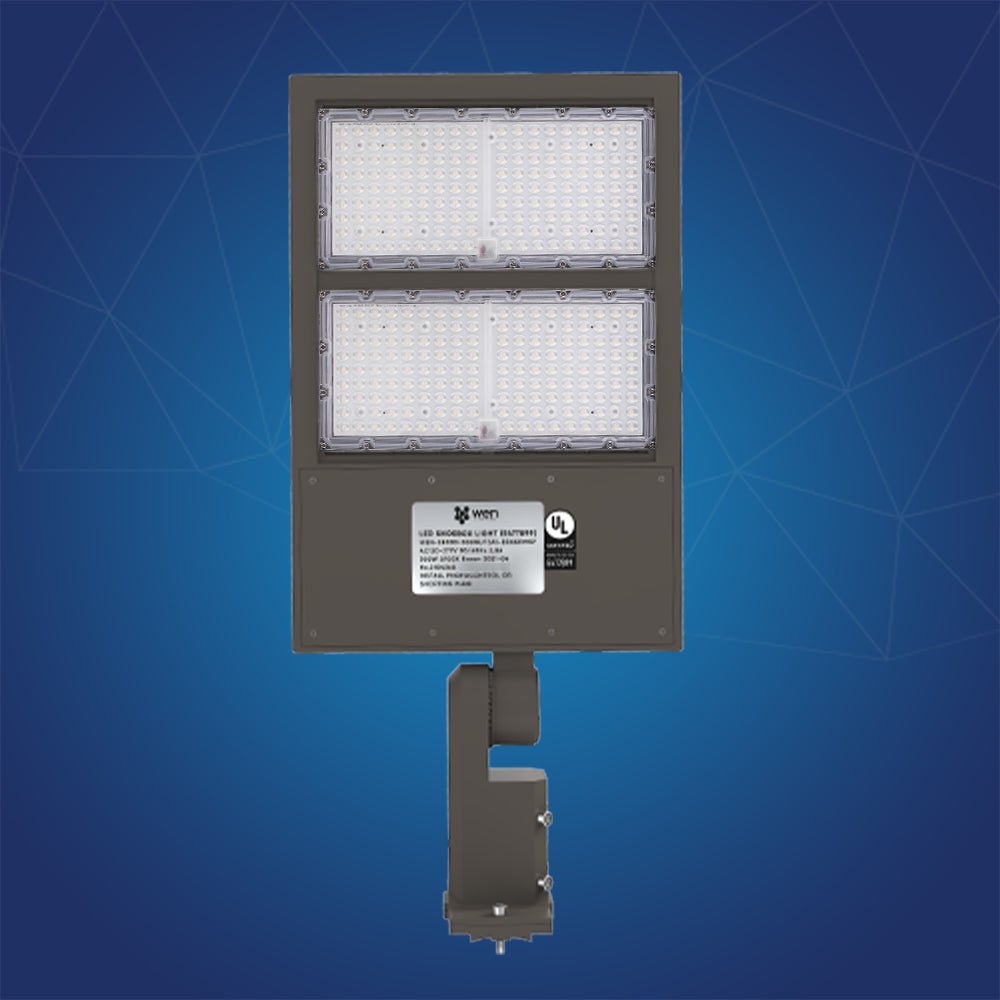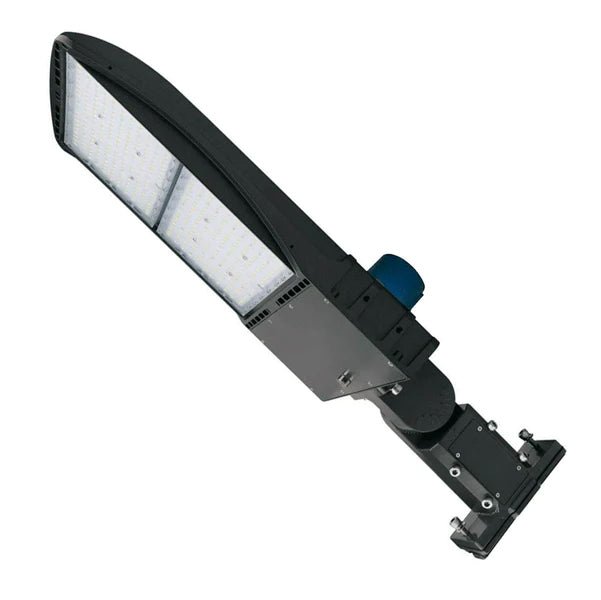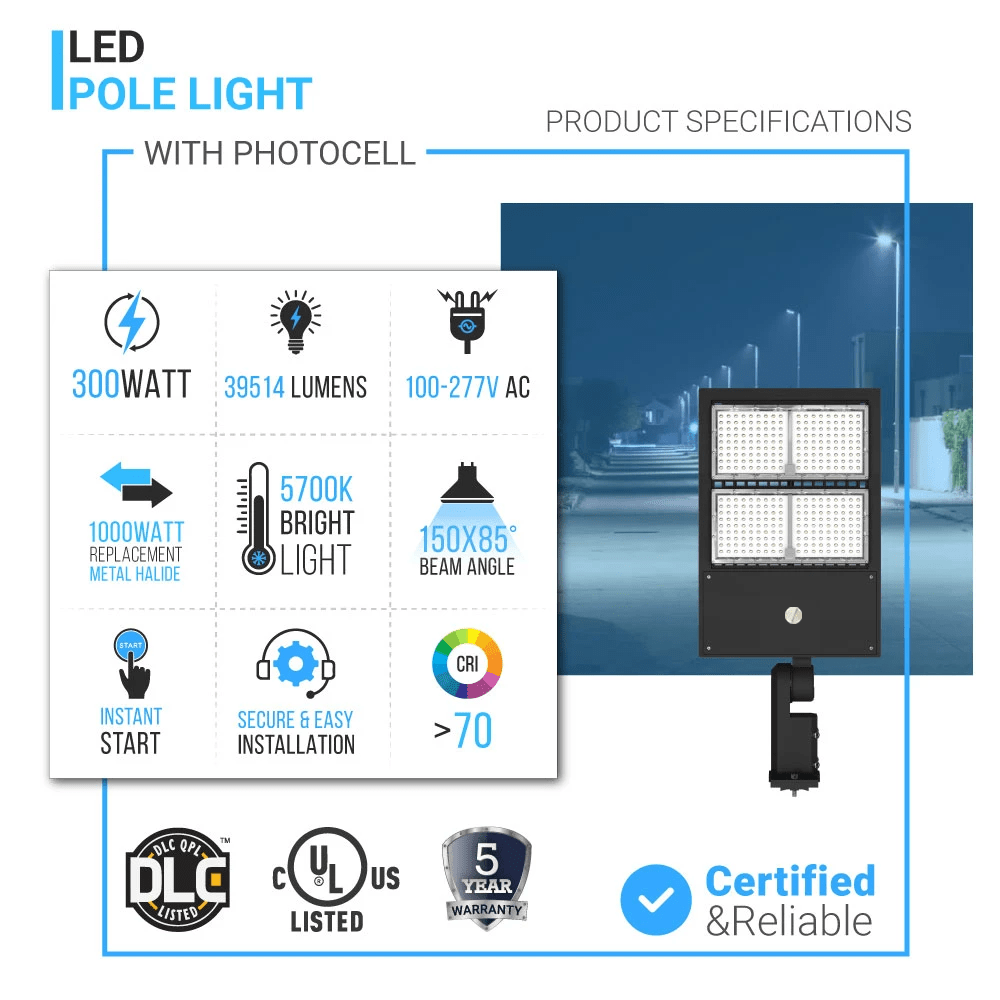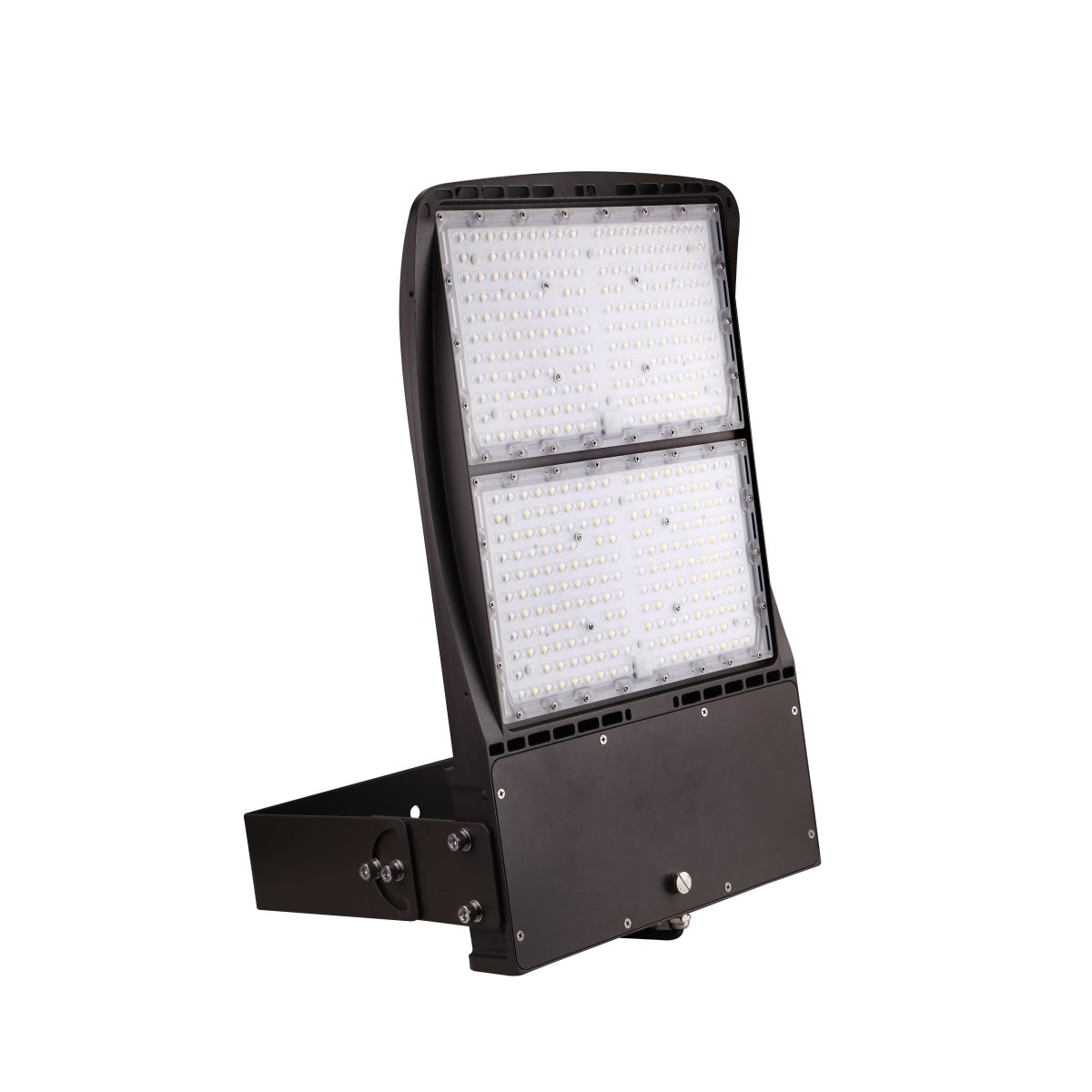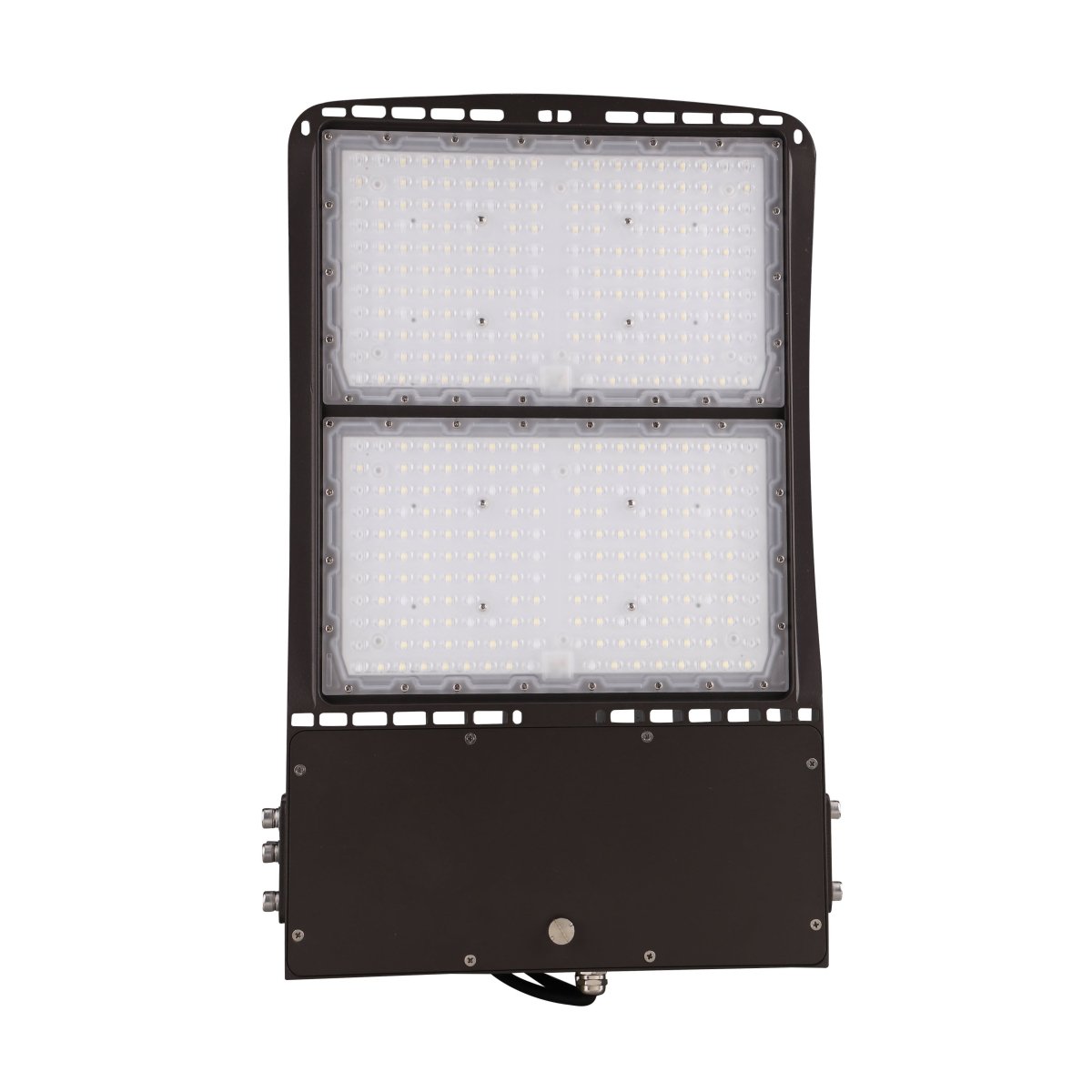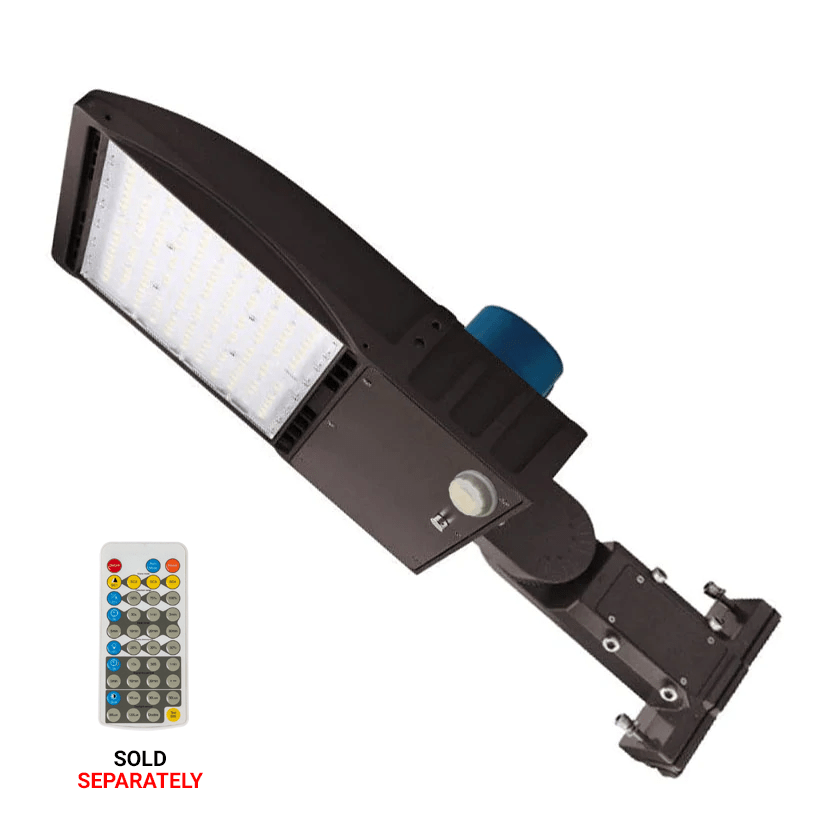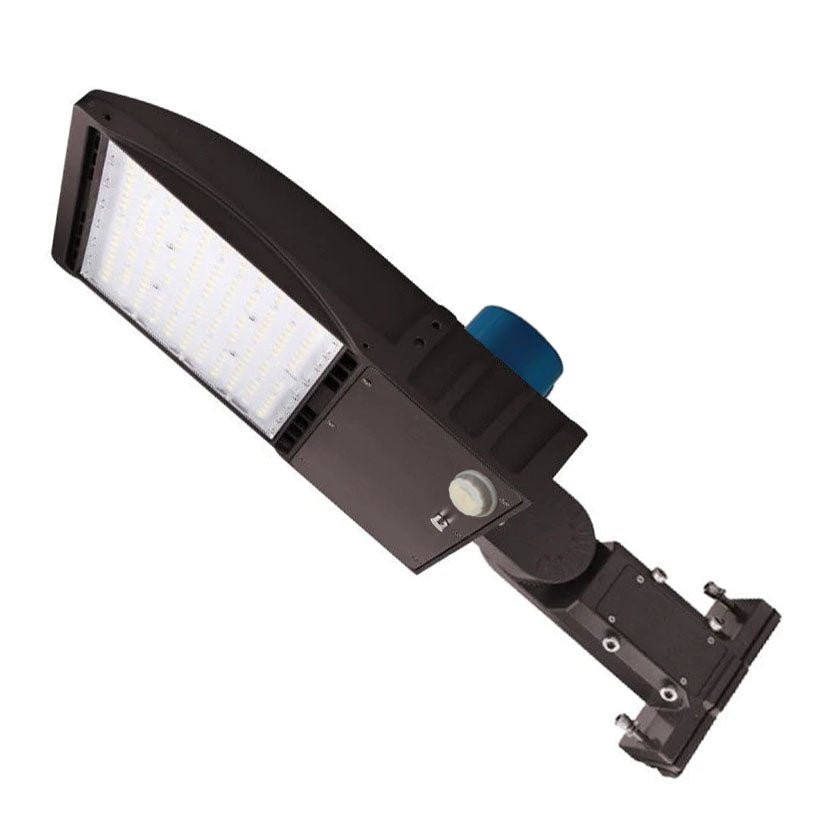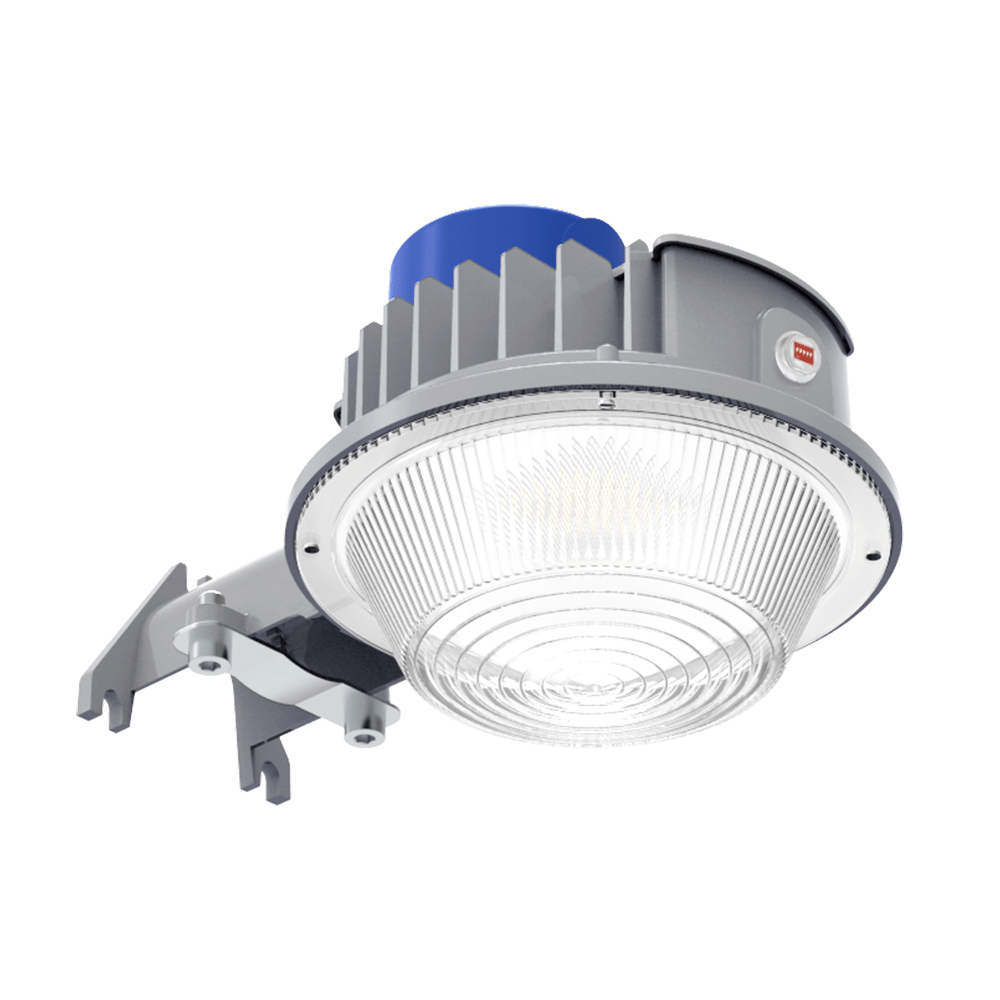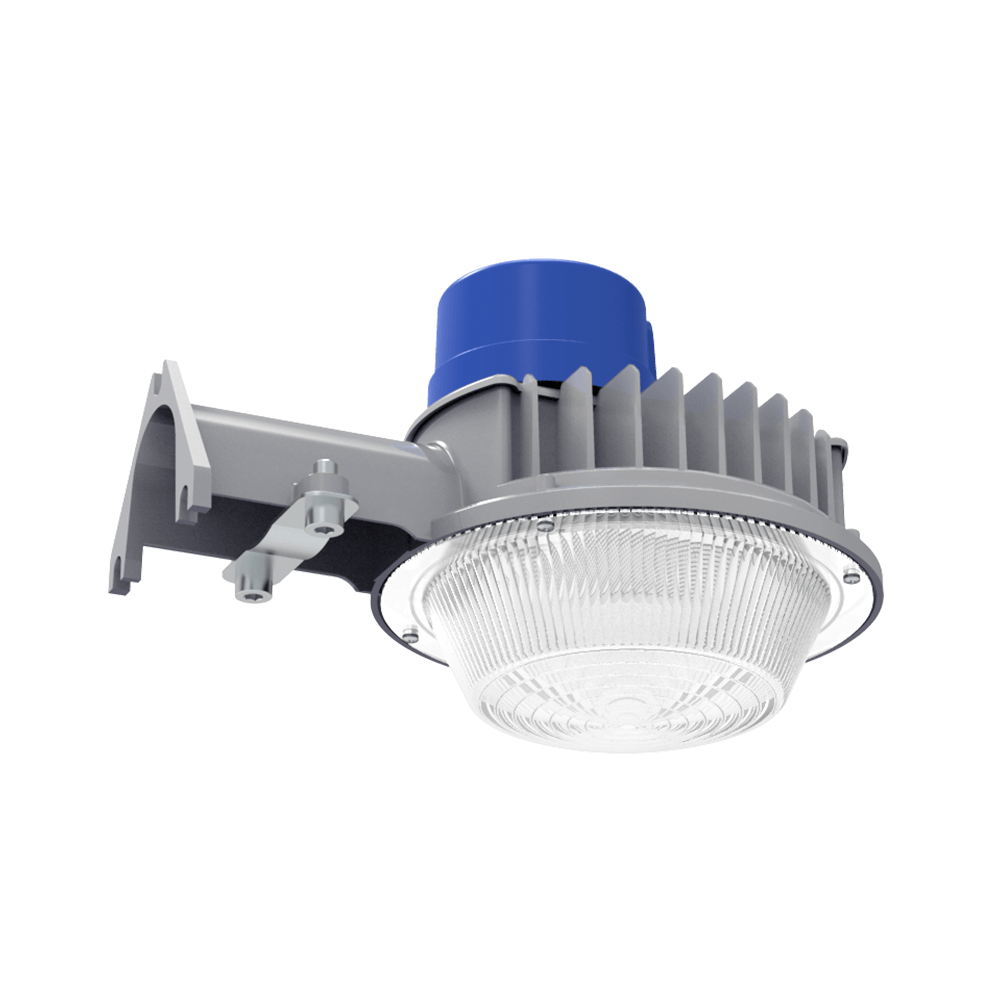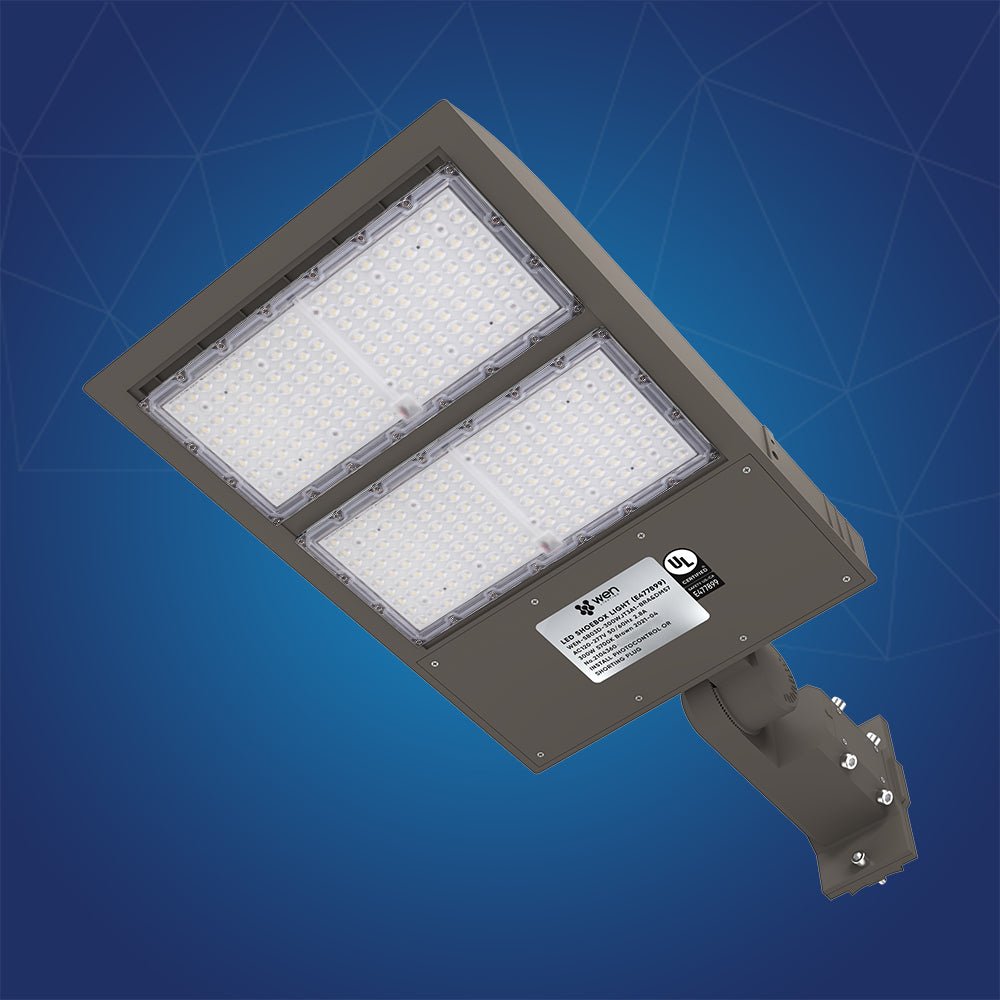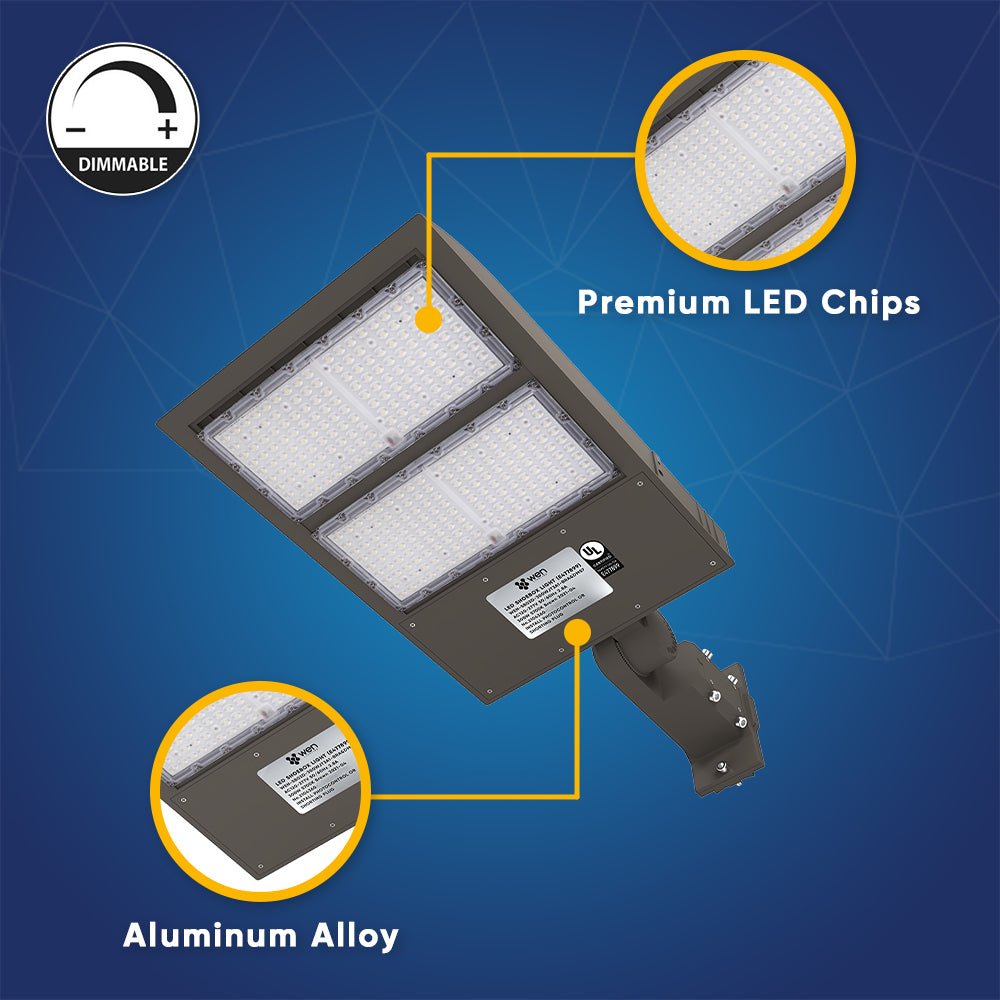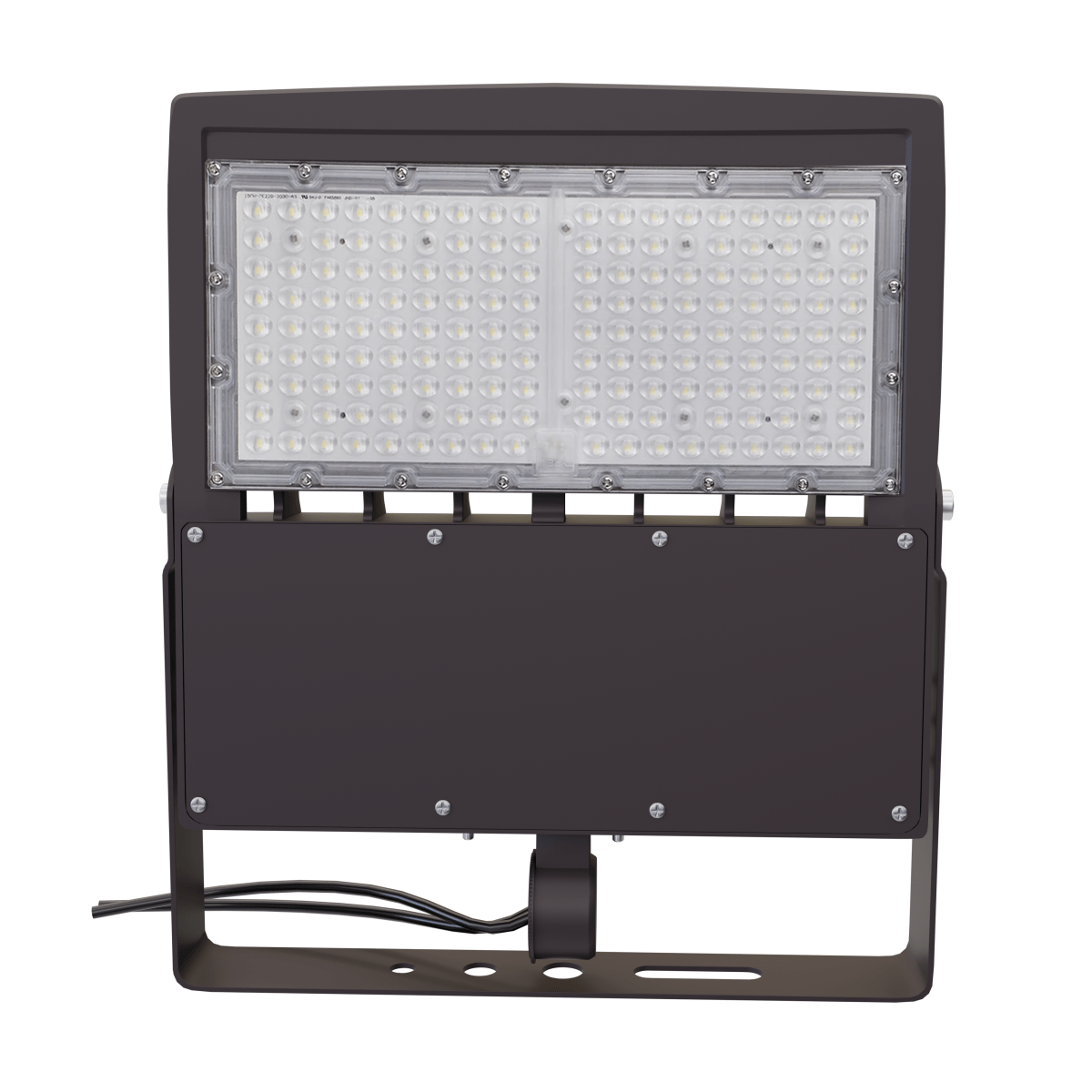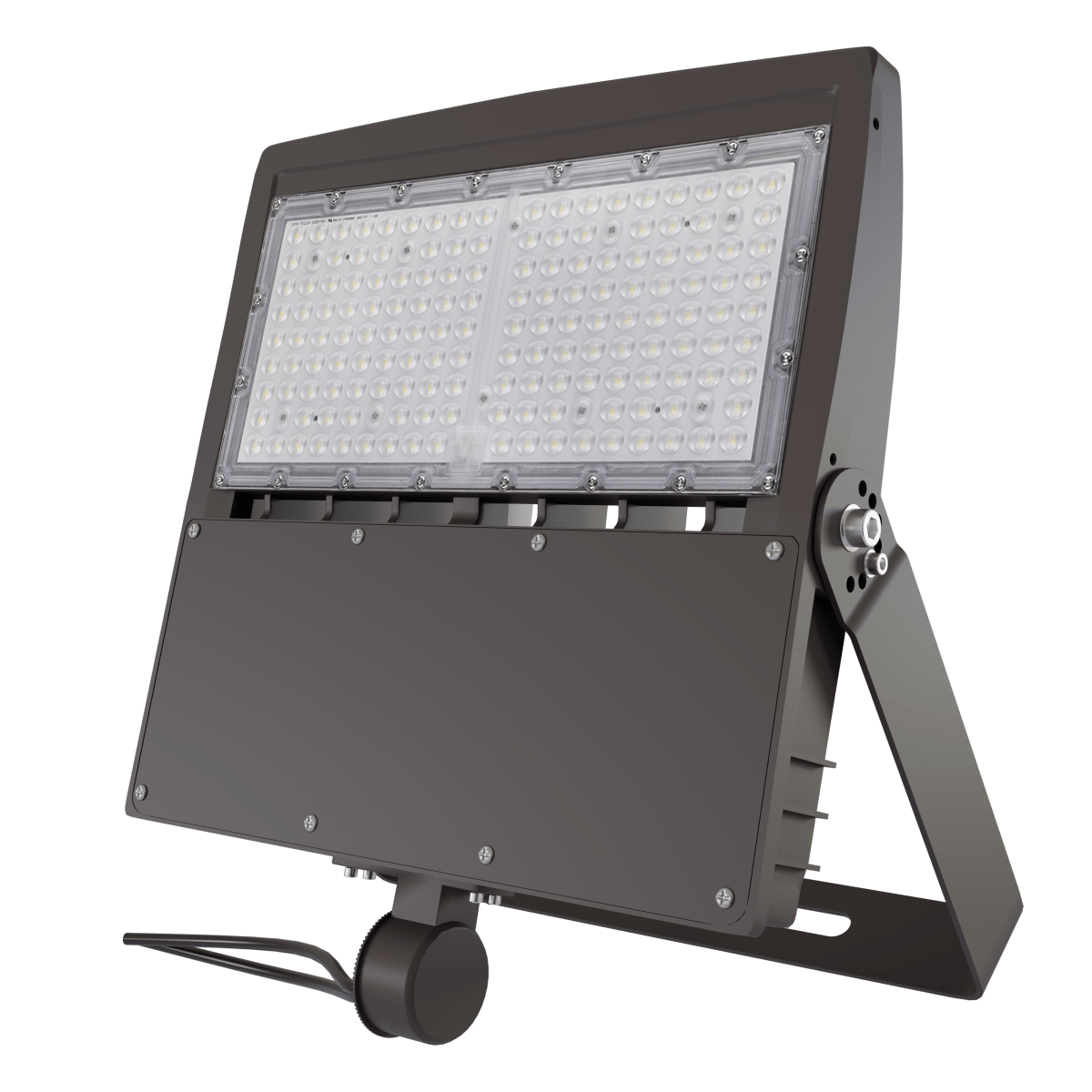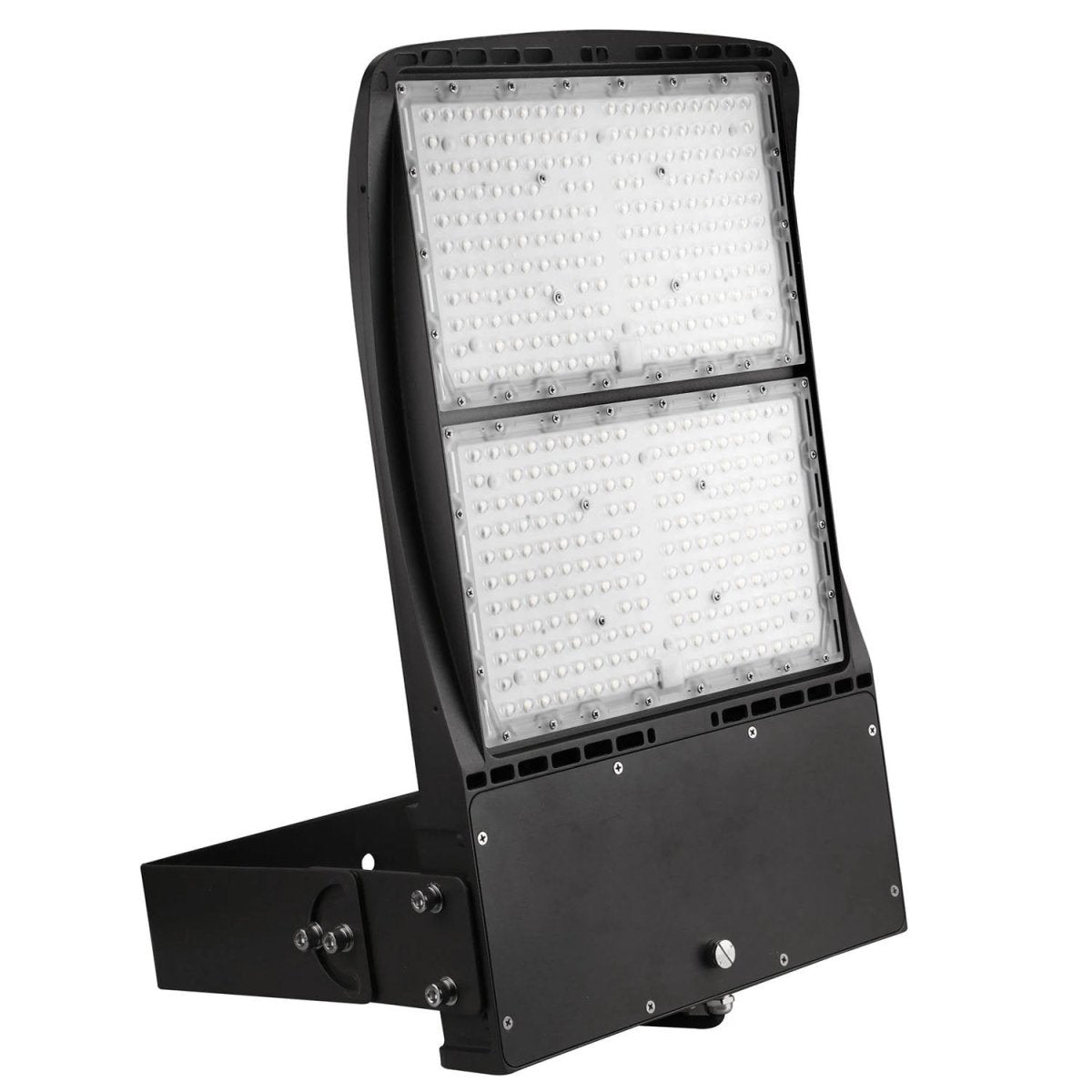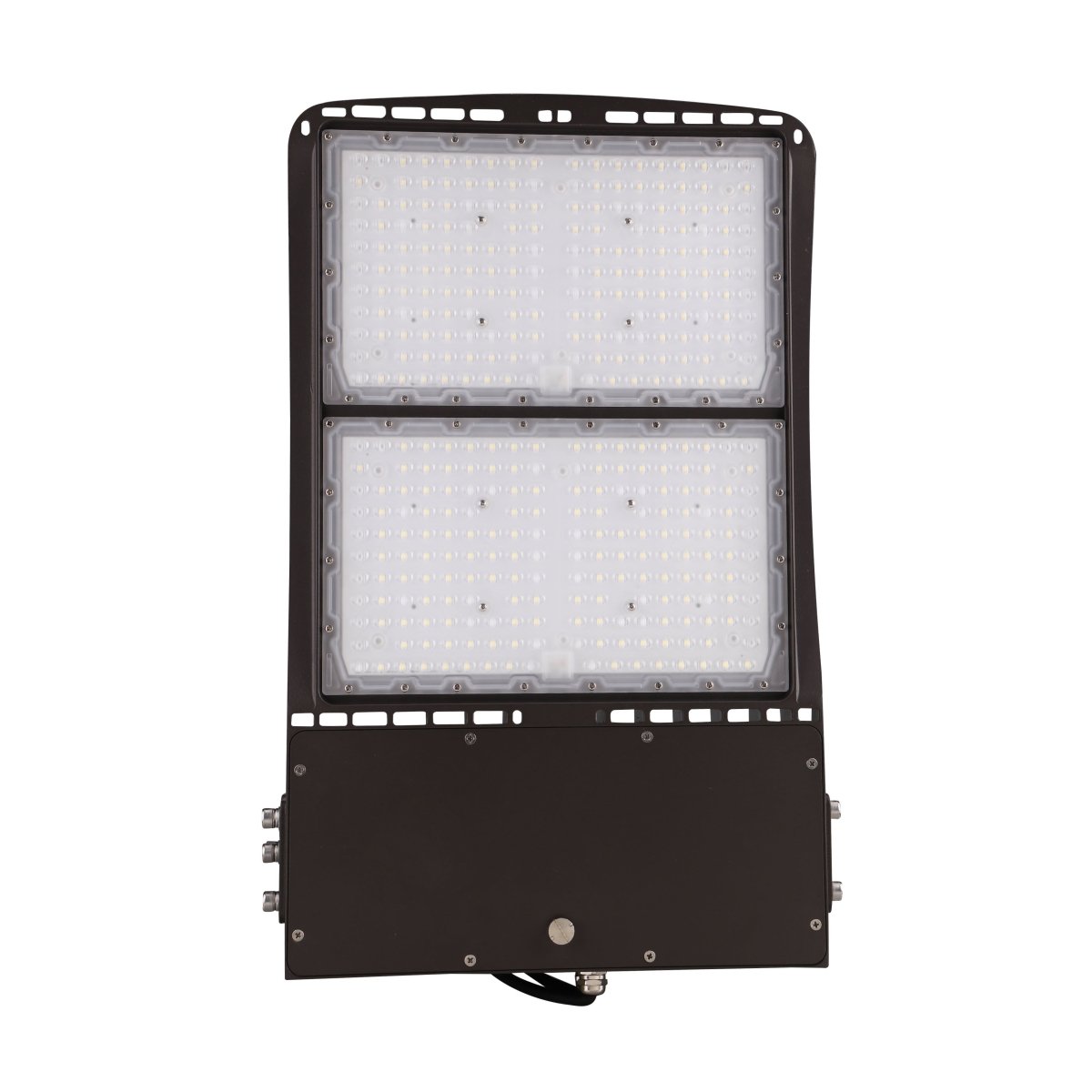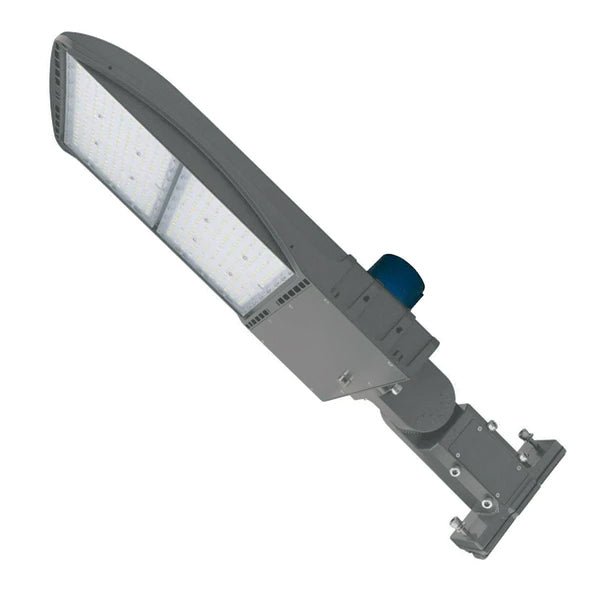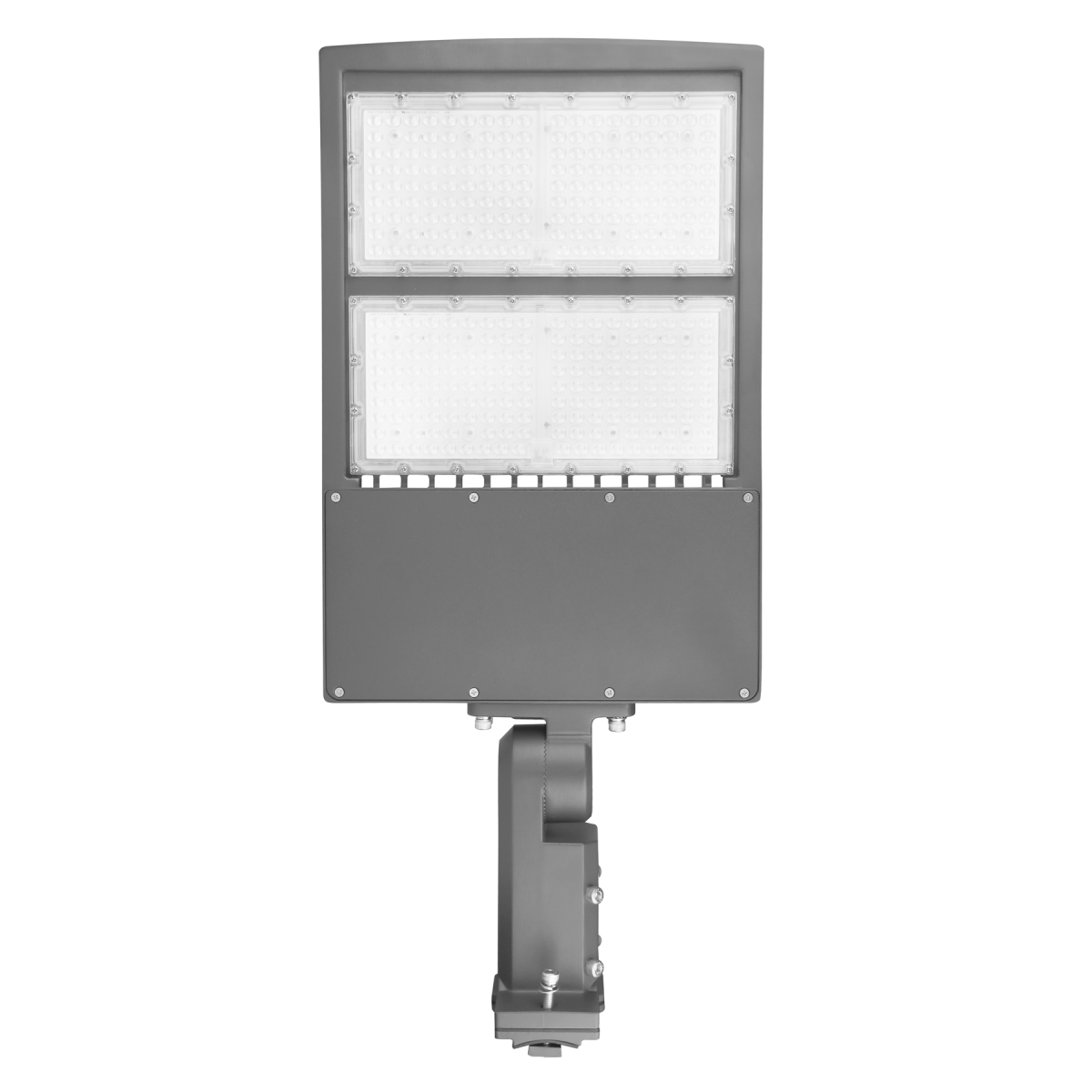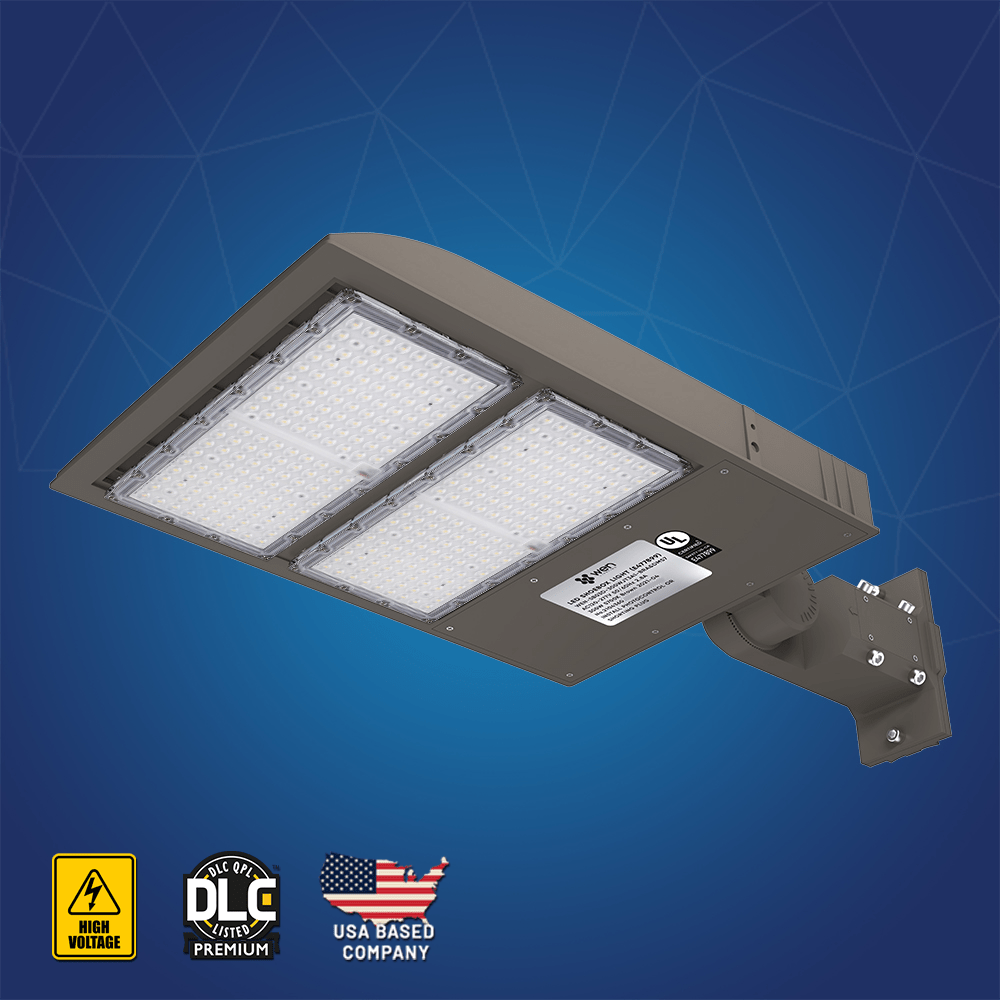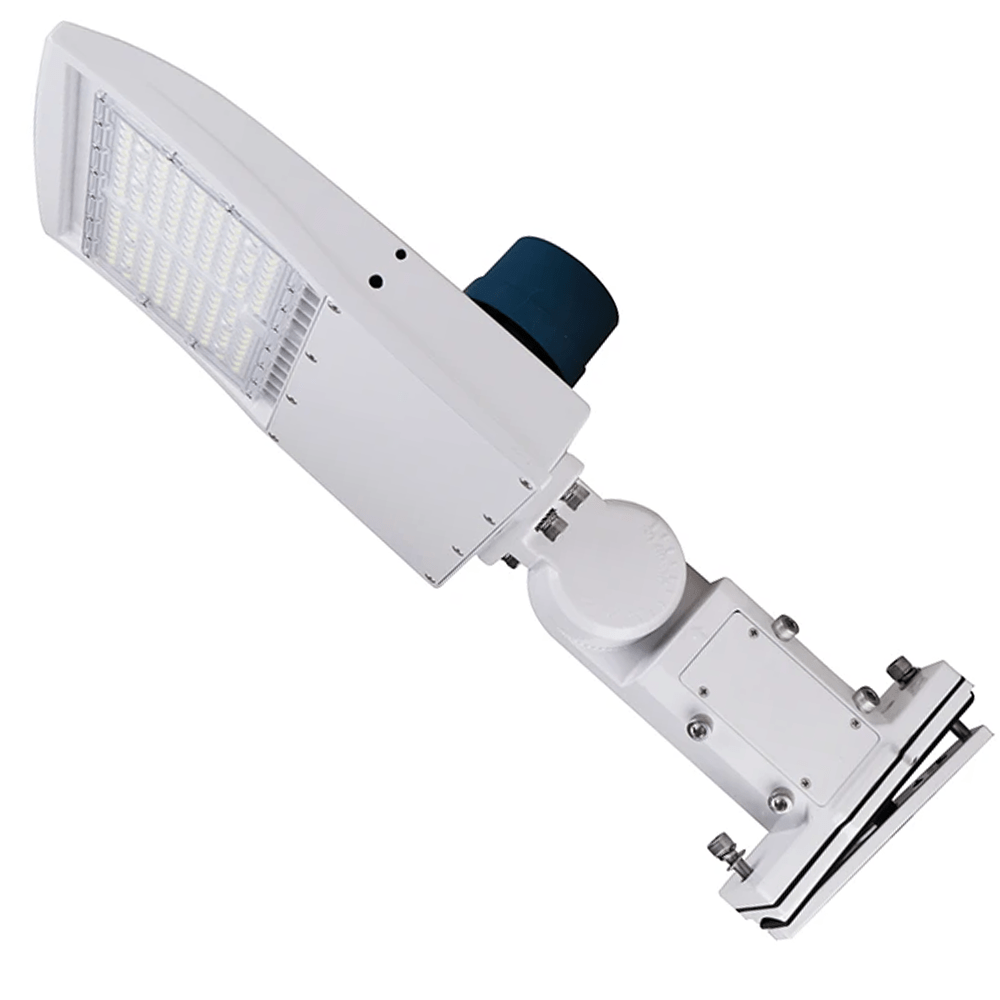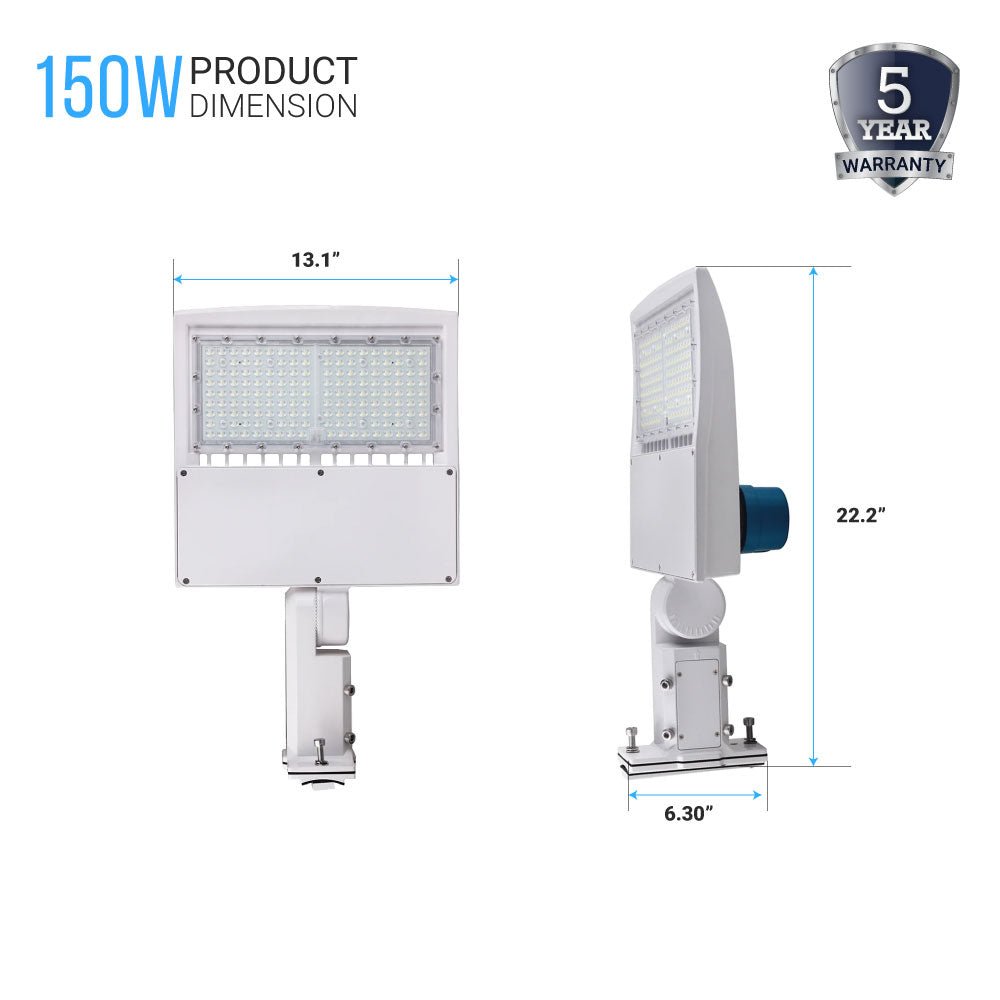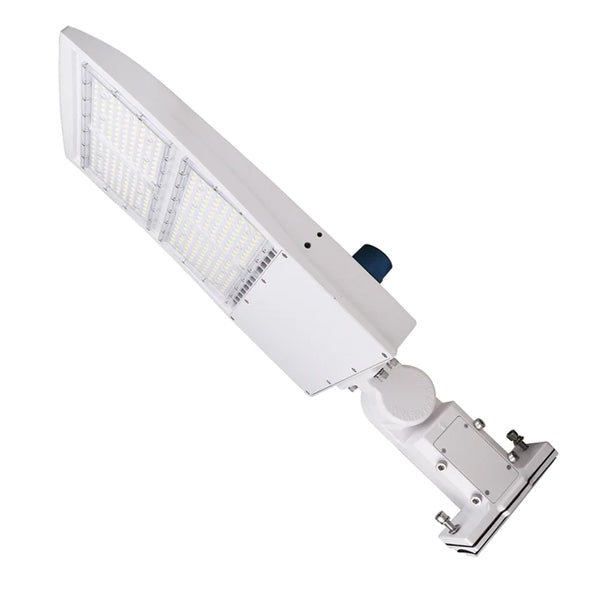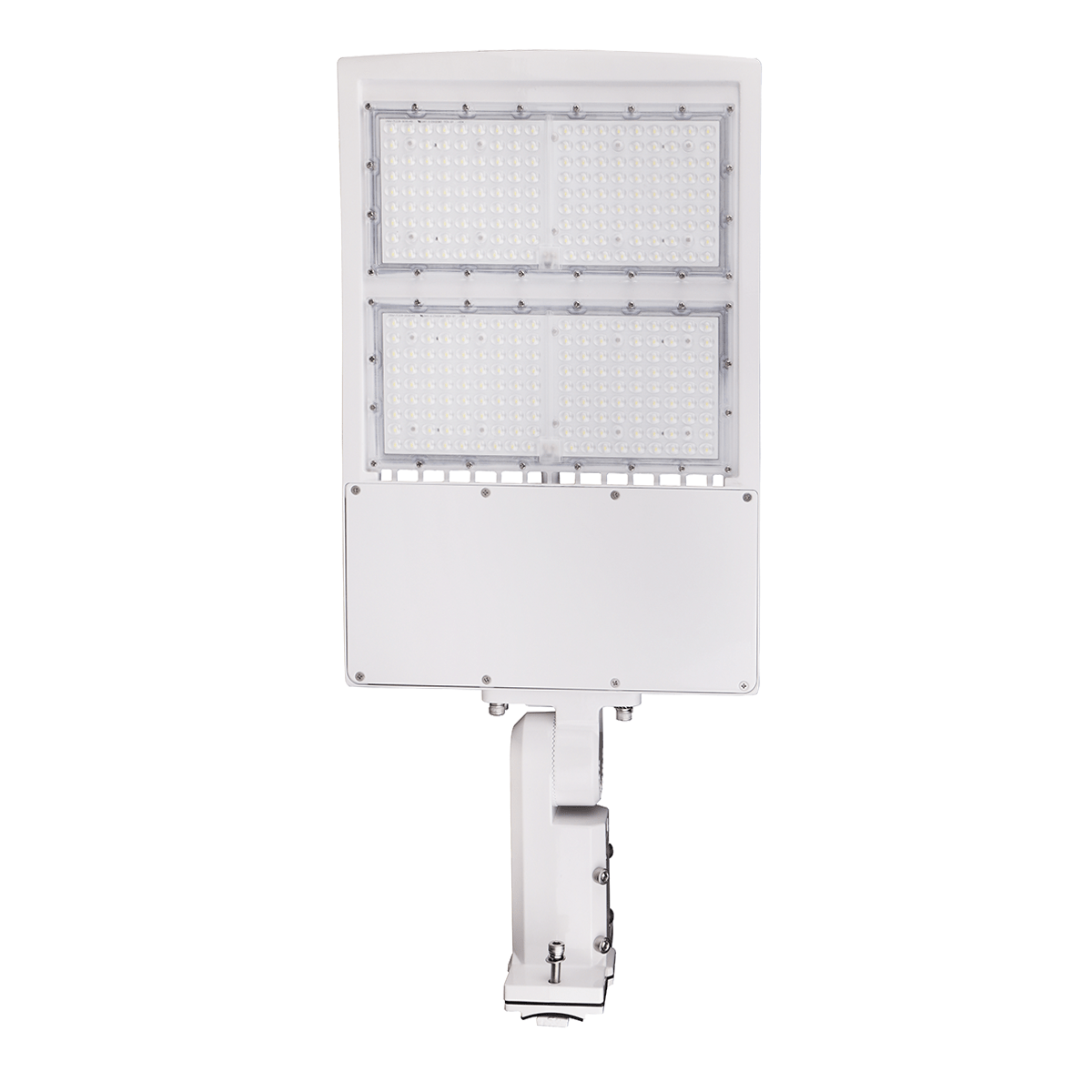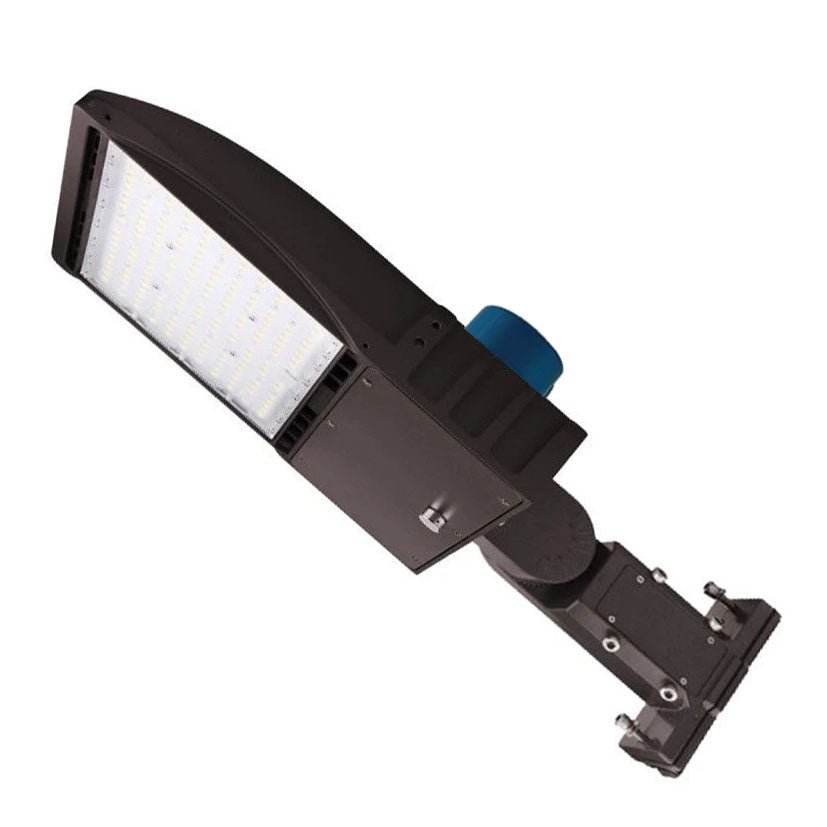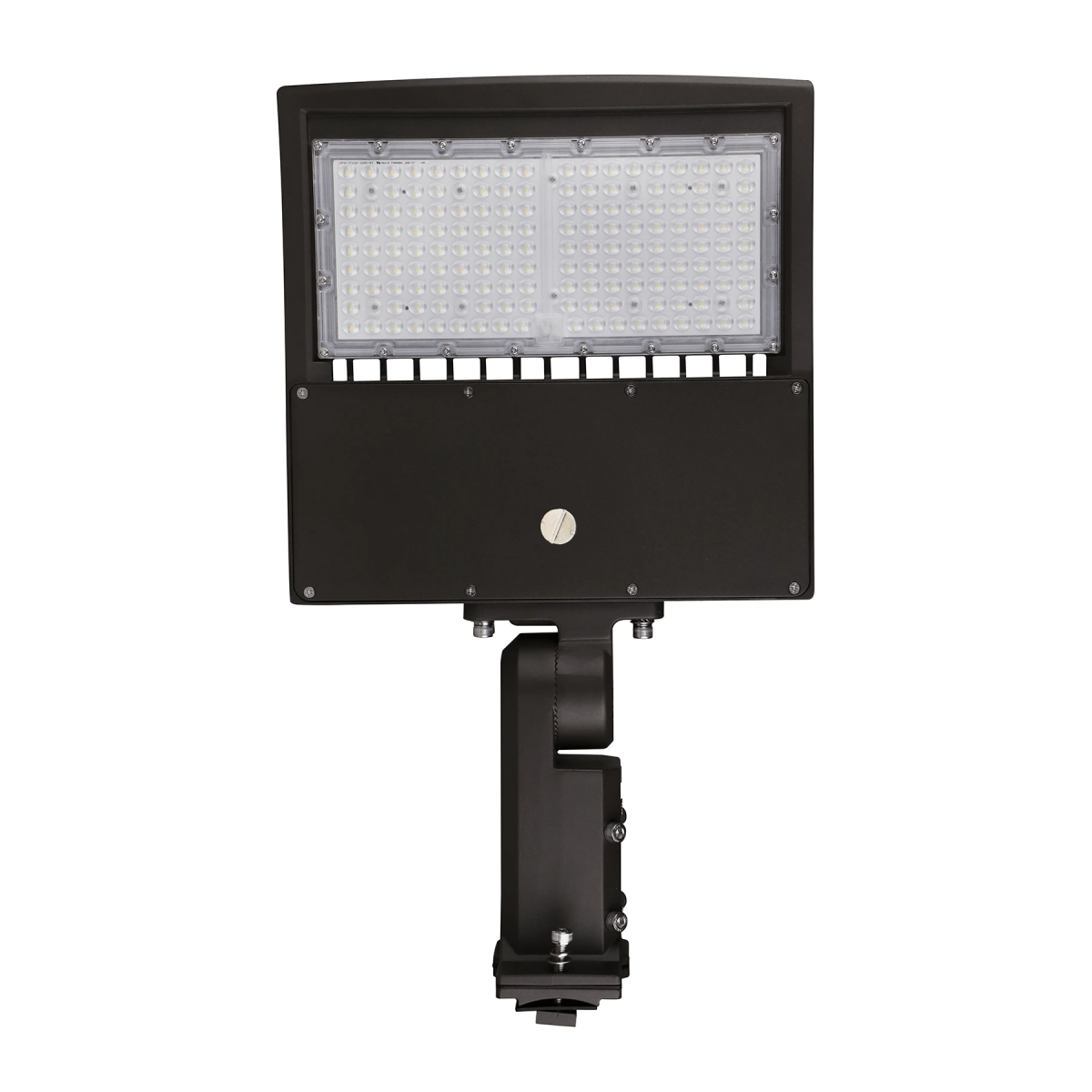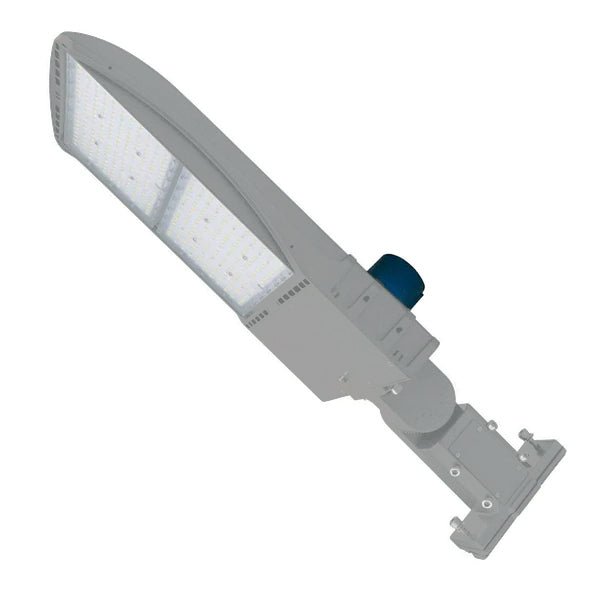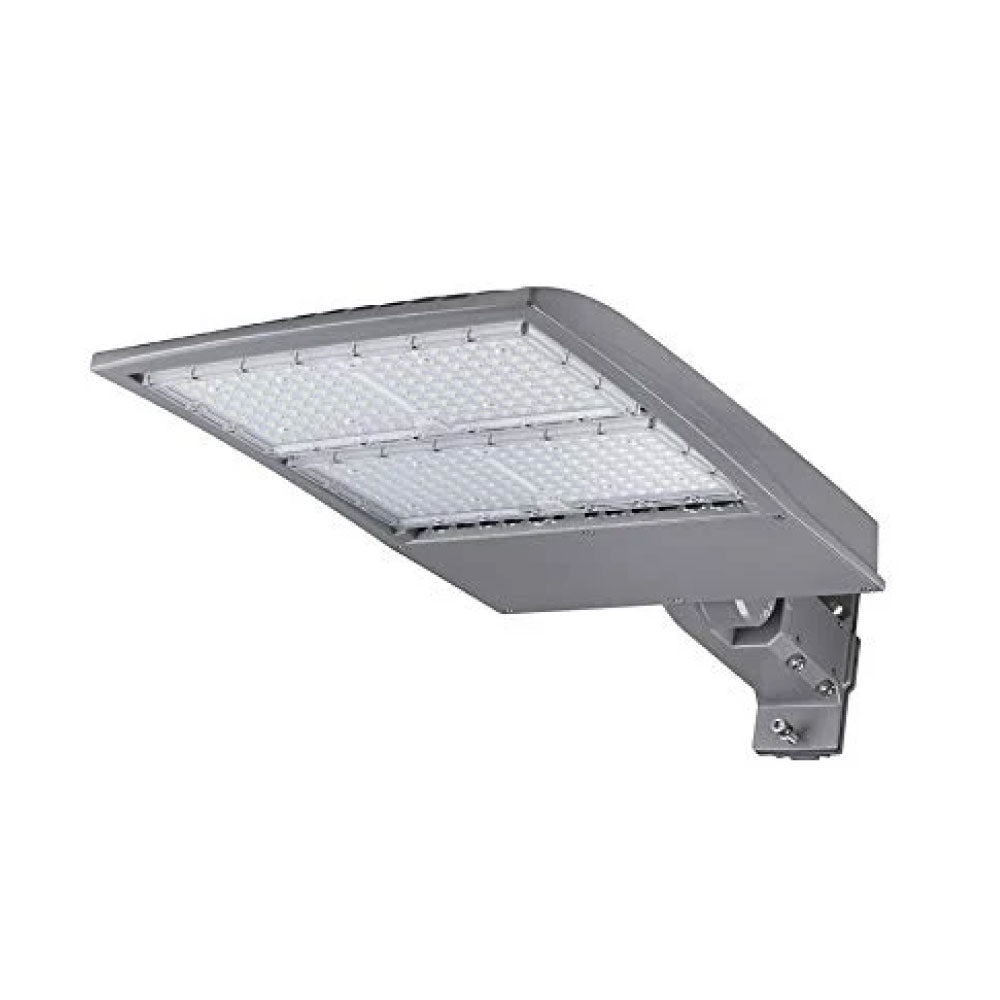Filter and sort
LED Street Lighting
-
FREE SHIPPING on orders over $99
- MPN: PL048
- Warranty: 5 Years
Brightness: 19950 LumensWattage: 150/120/100 WattCCT: 5700 KelvinLife Hours: 50,000 Hours$116.99 $193.99Save $77.00 (40%)FREE SHIPPING on orders over $99- MPN: PL021
- Warranty: 5 Years
Brightness: 19950 LumensWattage: 150/120/100 WattCCT: 5700 KelvinLife Hours: 50,000 Hours$127.99 $200.99Save $73.00 (37%)FREE SHIPPING on orders over $99- MPN: PL011
- Warranty: 5 Years
Brightness: 39900 LumensWattage: 300 WattCCT: 5700 KelvinLife Hours: 50,000 Hours Lifetime$214.99 $291.99Save $77.00 (27%)FREE SHIPPING on orders over $99- MPN: PL012
- Warranty: 5 Years
Brightness: 39900 LumensWattage: 300/240/200 WattCCT: 5700 KelvinLife Hours: 50,000 Hours$214.99 $291.99Save $77.00 (27%)FREE SHIPPING on orders over $99- MPN: FD019
- Warranty: 5 Years
Brightness: 39000 LumensWattage: 300 WattCCT: 5700 KelvinLife Hours: 50,000 Hours$220.99 $451.99Save $231.00 (52%)FREE SHIPPING on orders over $99- MPN: PL017
- Warranty: 5 Years
Brightness: 19950 LumensWattage: 150 WattCCT: 5700 KelvinLife Hours: 50,000 Hours$156.99 $319.99Save $163.00 (51%)FREE SHIPPING on orders over $99- MPN: PL055
- Warranty: 5 Years
Brightness: 7500 LumensWattage: 36/48/60 WattCCT: 3000K/4000K/5000KLife Hours: 50,000 Hours Lifetime$90.99 $262.99Save $172.00 (66%)FREE SHIPPING on orders over $99- MPN: PL019
- Warranty: 5 Years
Brightness: 39900 LumensWattage: 300/240/200 WattCCT: 5700 KelvinLife Hours: 50,000 Hours Lifetime$207.99 $280.99Save $73.00 (26%)FREE SHIPPING on orders over $99- MPN: FD004
- Warranty: 5 Years
Brightness: 21000 LumensWattage: 150 WattCCT: 5700 KelvinLife Hours: 50,000 Hours$128.99 $262.99Save $134.00 (51%)FREE SHIPPING on orders over $99- MPN: FD021
- Warranty: 5 Years
Brightness: 39000 LumensWattage: 300/240/200 WattCCT: 5700 KelvinLife Hours: 50,000 Hours$221.99 $451.99Save $230.00 (51%)FREE SHIPPING on orders over $99- MPN: PL002
- Warranty: 5 Years Warranty
Brightness: 39900 LumensWattage: 300 WattWattage Equivalent: 1000 Watt ReplacementCCT: 5700 KelvinLife Hours: 50,000 Hours$234.99 $291.99Save $57.00 (20%)FREE SHIPPING on orders over $99- MPN: PL023
- Warranty: 5 Years
Brightness: 42800 LumensWattage: 300 WattCCT: 5700 KelvinLife Hours: 50,000 Hours$350.99 $716.99Save $366.00 (52%)FREE SHIPPING on orders over $99- MPN: PL052
- Warranty: 5 Years Warranty
Brightness: 19950 LumensWattage: 150 WattWattage Equivalent: 450 Watt ReplacementCCT: 5700 KelvinLife Hours: 50,000 Hours$127.99 $260.99Save $133.00 (51%)FREE SHIPPING on orders over $99- MPN: PL049
- Warranty: 5 Years
Brightness: 39900 LumensWattage: 300WattCCT: 5700 KelvinLife Hours: 50,000 Hours$234.99 $291.99Save $57.00 (20%)FREE SHIPPING on orders over $99- MPN: PL007
- Warranty: 5 Years
Brightness: 19500 LumensWattage: 150/120/100 WattWattage Equivalent: 400 Watt ReplacementCCT: 4000 KelvinLife Hours: 50,000 Hours$127.99 $260.99Save $133.00 (51%)FREE SHIPPING on orders over $99- MPN: PL053
- Warranty: 5 Years
Brightness: 39900 LumensWattage: 300 WattCCT: 5700 KelvinLife Hours: 50,000 Hours$234.99 $324.99Save $90.00 (28%)About LED Street Lighting
LED Street Lighting is a type of lighting that utilizes light-emitting diodes (LEDs) as its primary source of illumination. This modern lighting technology offers a more energy-efficient and cost-effective alternative to traditional street lighting systems, which typically rely on high-pressure sodium lamps or metal halide bulbs. With its long lifespan, low maintenance requirements, and ability to produce brighter, more uniform light, LED street lighting has become increasingly popular in cities and communities around the world. In addition to its functional benefits, LED street lighting also offers environmental advantages by reducing energy consumption and greenhouse gas emissions. As such, it has become an important part of the global push toward sustainable and eco-friendly urban development.
LED street lighting has revolutionized the way we illuminate our streets and public spaces. These lights come in a variety of shapes and wattages and can be equipped with a range of features such as photocells and motion sensors. Photocells allow the lights to automatically turn on at dusk and turn off at dawn, while motion sensors detect movement and adjust the light output accordingly. These features not only improve the efficiency of LED street lighting but also increase safety by providing better illumination and reducing the risk of accidents and crime. Overall, LED street lighting has become an integral part of modern urban infrastructure, offering a cost-effective and sustainable solution for public lighting needs.
LED street lighting and LED flood lights are connected through their shared goal of enhancing outdoor visibility and safety. Both utilize LED technology for energy efficiency, long lifespan, and lower maintenance costs, making them ideal for urban environments and public spaces.
Here are the ways in which LED Street Lights are classified
Classification based on wattages:
- 55-watt: This is a small-wattage LED yard light that replaces 250-watts metal halide fixture. This light is also known as LED barn light or dusk-to-dawn light.
- 100-watt: This is a street light that replaces 300-watt metal halide fixture
- 150-watt: Street lights in 150-watt come in three different color temperatures of 3000K, 4000K, and 5700K. This pole light replaces the 450-watt metal halide.
- 200-watt: This is a slightly higher power pole light that replaces the 700-watt metal halide fixture.
- 240-watt: This is a high-power street light that replaces an 800-watt metal halide fixture.
- 300-watt: This is a powerful street light that has the capacity to replace a whopping 1000-watt metal halide fixture.
Classification based on color temperature:
- 3000 Kelvin: This is the range in which a soft white light appears often yellowish in color.
- 4000 Kelvin: This color temperature gives a bright white light.
- 5700 Kelvin: This color temperature is similar to daylight.
Classification based on input voltage
- 120V - 277V: This is the standard voltage and most streetlights run on this voltage
- 200V - 480V: This is a high-power voltage and high-power street lights work on this voltage
Classification based on mounting options
There are multiple different mounting options available for pole lights which are
Direct mount: This mount slips directly into the light and provides no adjustment whatsoever.
Slip fitter mount: This mount gives the option for adjustment at an angle of 90 or 45 degrees.
Universal mount: This mount can be adjusted at any angle and can fit any amount given. This is the most widely used mount for pole lights.Main features of LED streetlights
Energy-efficient: The energy efficiency of these pole lights is off the charts. As seen above, a much lower-wattage LED pole lights can replace a much higher-wattage metal halide fixture.
This is because LED technology converts 95% of the electricity consumed into light leaving a mere 5% which gets converted as heat. But this heat is also managed by the internal thermal dissipation system of the fixture which disposes of the heat in an eco-friendly way.
Motion Sensor: The pole lights of today come with a motion sensor so that the power consumption of the light can be reduced when it is not needed. This further saves electricity.
Dimmable: These pole lights are dimmable with the help of a dimmer switch. The switch fluctuates the voltage between 0-10V thereby increasing or decreasing the luminosity of the fixture.
Long-lasting: These pole light fixtures are highly long-lasting. Having a rated operational life of 50,000 hours these pole light fixtures last for a minimum of 5.7 years even if used 24 hours of the day.
Dusk to Dawn: One special feature of these pole lights is that these work automatically without any human intervention with the use of a photocell. A photocell allows the pole light to switch on at dusk and switch back off at dawn.
Eco-friendly: These pole light fixtures are highly eco-friendly thanks to the efficiency they display. The less consumption of electricity means that less power is demanded from the grid ultimately bringing down the emission of CO2 in the atmosphere.
LED pole lights are also eco-friendly because the process of generating light in an LED is much different than conventional technology, therefore, no harmful chemical is used. Further, all the components used in the production of LEDs are recyclable making them easier to dispose of.
QUESTIONS & ANSWERS
Q: How do LED street lights differ from traditional street lights?
A: LED street lights differ from traditional street lights, such as high-pressure sodium (HPS) or metal halide lamps, in several ways. LED street lights are more energy-efficient, have a longer lifespan, produce higher-quality illumination, and result in reduced maintenance costs. They also emit directional light, which reduces light pollution and ensures more targeted lighting.Q: Can LED streetlights withstand harsh weather conditions?
A: Yes, LED streetlights are designed to withstand a wide range of weather conditions. High-quality LED street lights are built with durable materials and have the necessary protection, such as weatherproof enclosures and IP ratings, to ensure they can withstand rain, snow, and extreme temperatures.Q: Can LED streetlights be used in conjunction with renewable energy sources?
A: Yes, LED streetlights are compatible with renewable energy sources like solar panels or wind turbines. Their energy-efficient nature makes them ideal for use in off-grid or hybrid lighting systems, where renewable energy is harnessed to power the street lights, reducing dependency on the electrical grid.Q: What is the most efficient street lighting?
A: The most efficient street lighting is LED (Light Emitting Diode) due to its long lifespan, high luminous efficacy, and energy-saving capabilities.LED street lighting benefits:
- Energy Efficiency: LEDs consume significantly less power than traditional street lights.
- Longevity: LED lights have a longer lifespan, often 50,000 hours or more.
- Improved Visibility: LEDs offer better color rendering, helping in identifying objects at night.
- Reduced Maintenance: With longer lifespans, maintenance and replacement costs are reduced.
- Environmentally Friendly: LEDs don’t contain harmful chemicals like mercury, common in some other lights.
- Instant Light: LEDs light up instantly to full brightness without the warm-up time.
- Adaptive Control: They can integrate with smart controls for adaptive lighting based on need.
- Cost Savings: Due to energy savings and reduced maintenance, LEDs offer significant cost savings over time.
Given these benefits, many cities globally are transitioning to LED for street lighting.
- Choosing a selection results in a full page refresh.

